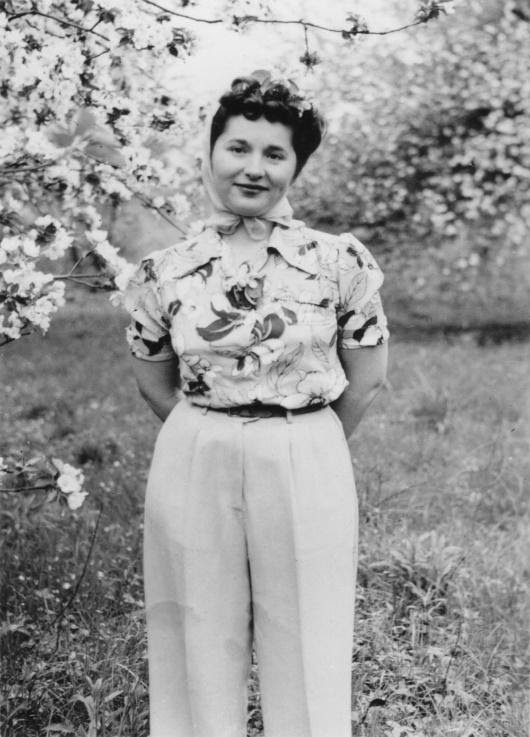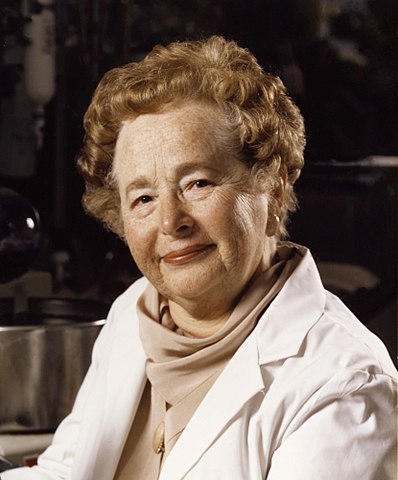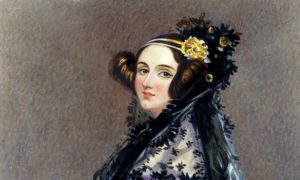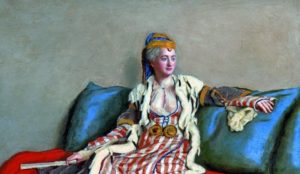Gertrude B. Elion was a Nobel Prize winning biochemist who helped to pioneer a new method for developing new drugs called the “Rational Drug Design”. Her research paved the way for the creation of the AIDS drug, AZT, and she also developed the first immunosuppressive drug, Azathioprine, and the first successful antiviral drug, acyclovir (ACV).
Gertrude B. Elion’s Early Life
The two things that define Gertrude Elion were her passion for science and appetite for education.
As a young person, Gertrude enjoyed all her school subjects and she excelled as a student. But when her grandfather died of cancer, Elion – born on 23rd Jan 1918 – made it her resolve to try and find a cure for cancer so as to ensure that other people don’t lose their loved ones to this disease.
She, therefore, committed herself to study science, a decision that very few women were making at that time since the society believed that such noble causes were a preserve of the male gender. As a result, she never married and enjoyed being the “favorite aunt” to her brother’s children. This decision, however, would ultimately benefit a lot of lives later on since she would go on to discover better treatments for some of the common ailments.
Frustrations in Her Career
Gertrude b. Elion studied chemistry at Hunter College in New York and upon her graduation in 1937, she was ready to make her contribution to the world of science. Society, however, did not believe that women had what it takes to excel as scientists and this made it difficult for her to join different graduate programs around the country.
Having been rejected by different institutions, Elion considered herself lucky to get a position as an unpaid lab assistant in a chemist. She did not give up on her desire to further her studies and in 1939, she was accepted in New York University as the only chemistry student in her class. During this time, she also worked as a science teacher in different public schools in New York.
Related: Elizabeth Blackwell, M.D., America’s first female doctor

Hope for Female Scientists
In 1941, she graduated with her master’s degree in chemistry. The timing for her graduation as also great since the World War was going on and most men had left to join the war. With the shortage of personnel, employers, including science institutions and research centers started taking women seriously.
Elion was, therefore, able to get a job as an analytical chemist in a food company. This, however, was not what she wanted to do. Testing the acidity levels in pickles was not her thing and as such, she was bored most of the time. She wanted something stimulation; something that would get her creative juices flowing and she found that when she joined Burroughs Wellcome (now GlaxoSmithKline) as a biochemist.
Inventor of Drugs
She worked alongside Dr. George Hitchings and her appetite for science and innovation was met since together they were able to pioneer a new method of creating medicinal drugs by studying the composition of pathogens. Previously, researchers would rely on trial and error to find treatments for ailments but these two studied the chemical differences between the normal cells and diseased ones to create medicines that would cure viral infections.
Using this unorthodox method, Elion helped engineer the development of medicines like mercaptopurine that has helped in the treatment of leukemia in children. Child leukemia was initially a death sentence but this drug turned it into a manageable condition.
She also helped co-design the thioguanine drug that is used by adults suffering from leukemia. Another drug that she helped develop was the azathioprine medicine that is used to prevent kidney rejection in kidney transplants. This drug has helped mitigate conditions such as ulcerative colitis and rheumatoid arthritis that were common during kidney transplant.
Relentless Pursuit for Education
With her appetite for learning still strong, she joined the Brooklyn Polytechnic Institute to pursue her doctorate degree. She signed up for the night classes because she still had a full-time job as a biochemist with Burroughs Wellcome.
After years of part-time class attendance, she was notified that she would have to quit her job to concentrate on school fulltime to be able to receive her doctorate. As much as she desired to have her Ph.D., she decided to keep her job since she was deeply invested in the medical discoveries that they were conducting with Dr. Hitchings.
Gertrude B. Elion: Nobel Prize Winner
In 1967, Elion was appointed to head the Experimental Therapy Department at Burroughs Wellcome. In this position, she oversaw the development of some vital drugs key among them being the pyrimethamine drug that was used to fight malaria; the trimethoprim drug that is used to treat UTIs and acyclovir that is used in the treatment of shingles and herpes.
In 1983 she retired from Burroughs Wellcome but still remained at the facility as a consultant. During her time as a consultant, she oversaw the development of the first drug used to fight AIDS known as azidothymidine (AZT). For their contribution to medicine, Ellion together with Dr. Hitchings and James Black received the Nobel Prize for Physiology/Medicine in 1988.
Gertrude B. Elion died in 1999 aged 81. Even though she did not find the cure for cancer, she was able to improve and save the lives of many others through her work as a scientist.
Next, read about Nettie Stevens: A Discoverer of Sex Chromosomes, or 3 Daring Female Astronauts That Beat The Odds!








Leave a Reply